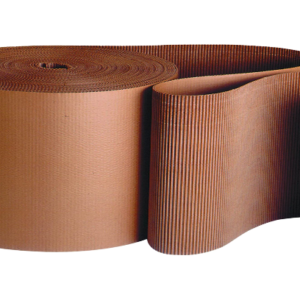Cortons generally refer to protective coverings used to safeguard products during shipping, handling, and storage. These are typically used in industrial and commercial settings to ensure the safe and secure transport of goods. The term “cortons” might be a variation or mispronunciation of commonly used protective packaging materials. Based on the context, this description will cover various protective coverings that might align with the term “cortons.”
Key Features:
- Protection: Cortons provide essential protection against environmental factors, such as moisture, dust, and dirt, which can affect the quality and condition of the goods.
- Durability: Made from strong materials like corrugated cardboard, plastic, or other robust materials, cortons are designed to withstand handling and transportation stresses.
- Customizable Sizes: Available in various sizes and dimensions to fit different products and packaging needs. Custom sizes and designs can be created to accommodate specific requirements.
- Ease of Use: Designed for straightforward application, often featuring user-friendly designs that simplify the packing process.
- Cost-Effective: Provides an economical solution for protecting goods, reducing potential damage during transit and handling, which can save costs associated with damaged products.
- Eco-Friendly Options: Many cortons are made from recyclable or biodegradable materials, making them an environmentally friendly choice for packaging.
Types of Cortons:
- Cardboard Covers: Typically made from corrugated cardboard, these covers are used to protect items from dust, scratches, and minor impacts. They are commonly used for covering boxes and palletized goods.
- Plastic Covers: Made from polyethylene or polypropylene, plastic cortons offer water resistance and protection from more severe environmental conditions. They are often used for covering products during long-term storage or transport.
- Protective Sleeves: Designed to fit over individual items or products, protective sleeves made from materials like foam or padded fabric provide cushioning and protection against impacts and abrasion.
- Customizable Covers: Specialized covers designed to fit specific products or packaging setups, providing tailored protection based on the shape and size of the items being covered.
Applications:
- Shipping and Handling: Used to protect goods during transit, reducing the risk of damage from handling, vibration, and environmental exposure.
- Storage: Employed for safeguarding items during long-term storage, preventing dust accumulation, and protecting against moisture.
- Industrial: Used in manufacturing and industrial settings to protect components, machinery, and other equipment from damage during handling and storage.
- Retail: Applied in retail environments to protect products from damage and maintain their presentation quality.
Benefits:
- Enhanced Protection: Provides reliable protection against environmental factors and physical damage, ensuring goods arrive in good condition.
- Cost Savings: Reduces costs associated with damaged products and returns by preventing damage during transit and storage.
- Versatility: Available in various materials and sizes, making them adaptable for different products and packaging needs.
- Eco-Friendly Options: Offers environmentally friendly alternatives, helping businesses reduce their environmental footprint.



Reviews
There are no reviews yet.